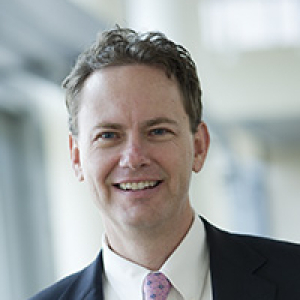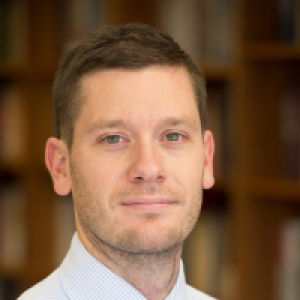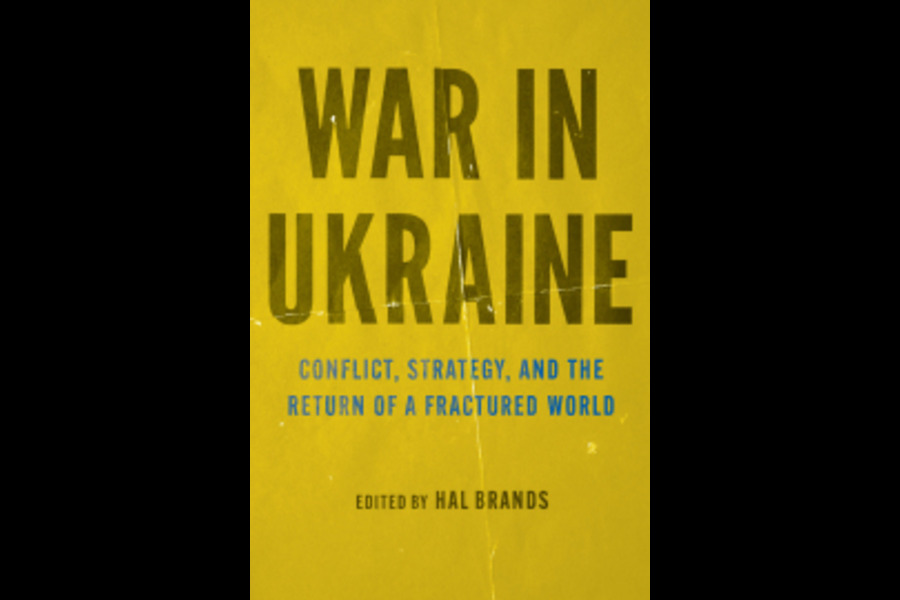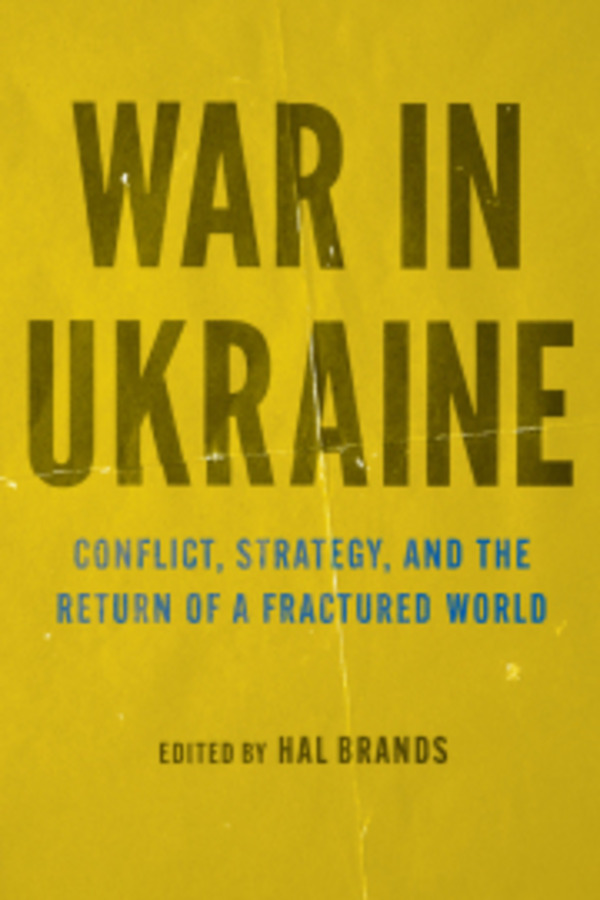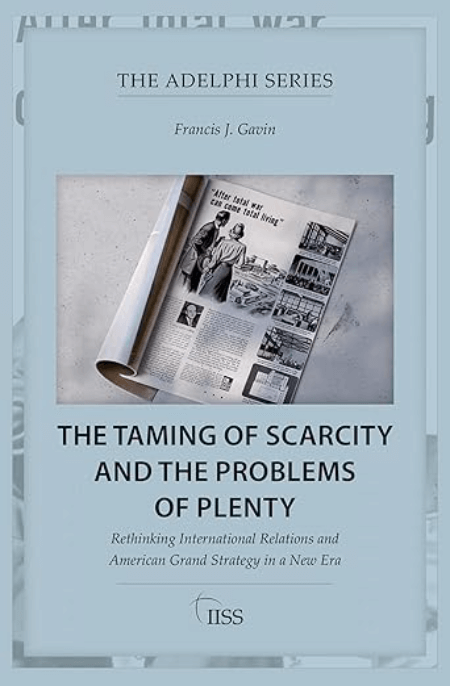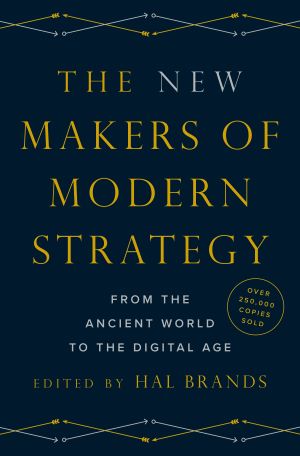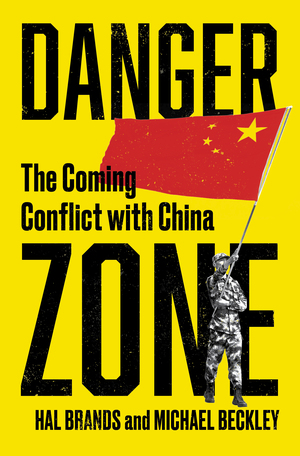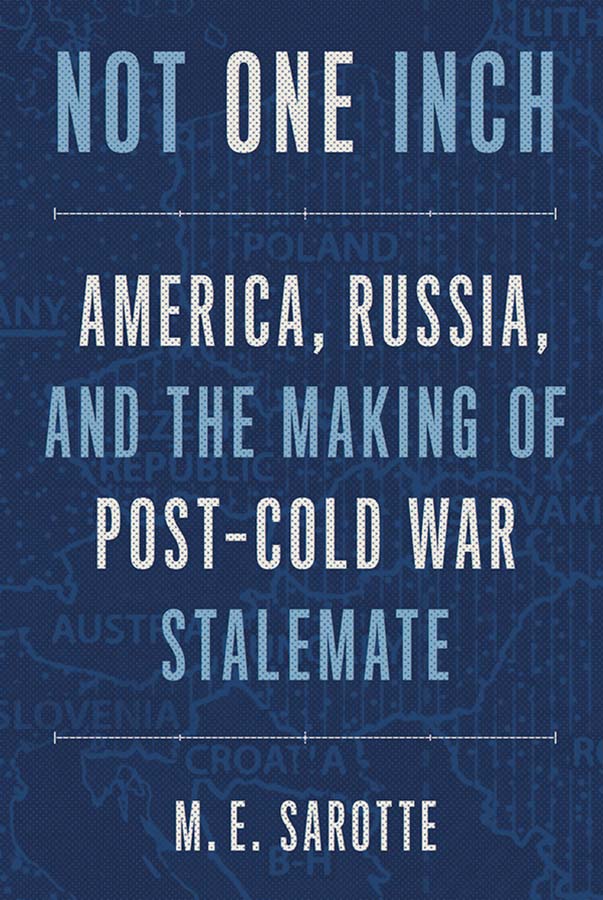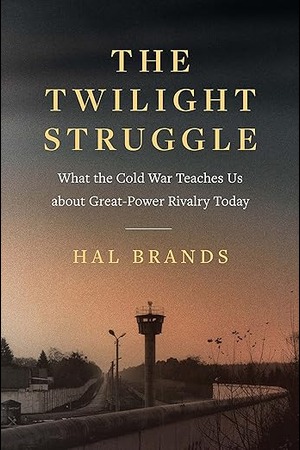Learn more about the people, programs, and publications at the Henry A. Kissinger Center for Global Affairs

“The contemporary world is characterized by global upheaval resulting from differences in culture, values, history, and evolution. International studies need to focus on the confluence of these trends, permitting the development of a grand strategy. The Henry A. Kissinger Center for Global Affairs at Johns Hopkins SAIS will develop a multi-disciplinary approach to world order with special emphasis on historical and cultural evolution." Henry A. Kissinger
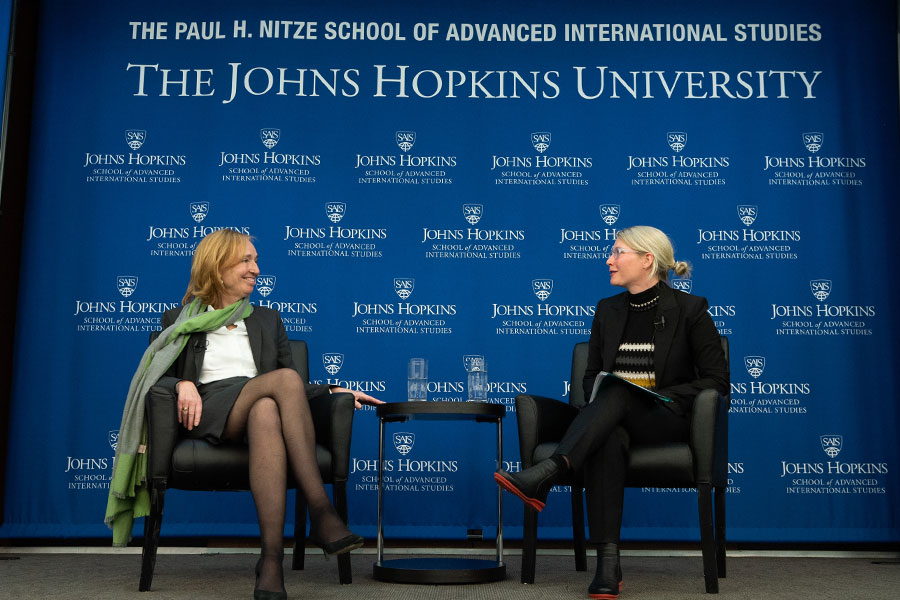
Generate new ideas
Through the research and writing of our distinguished faculty, fellows, and scholars
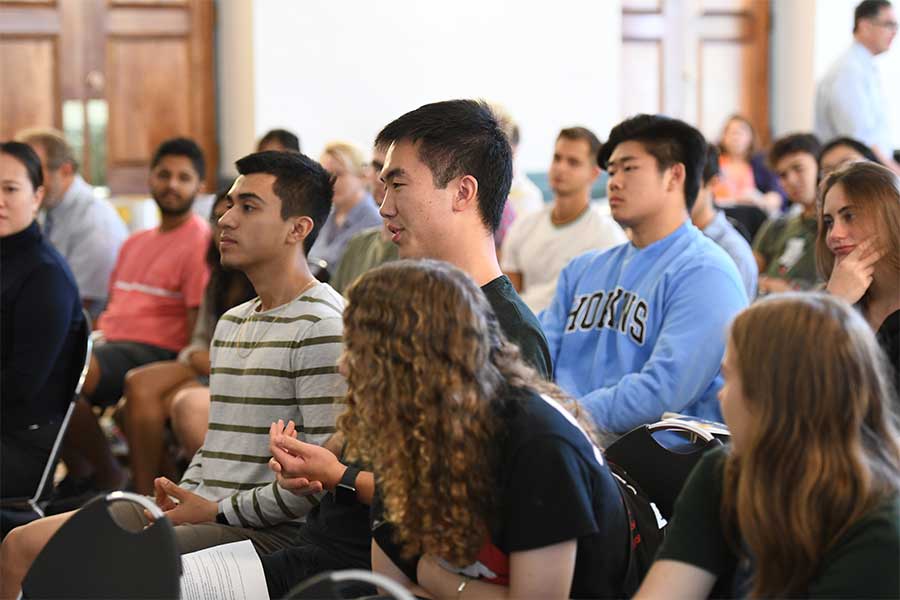
Train tomorrow’s leaders
Through innovative classes and curricula, the center seeks to revitalize the practice of diplomatic and military history and to examine the global order
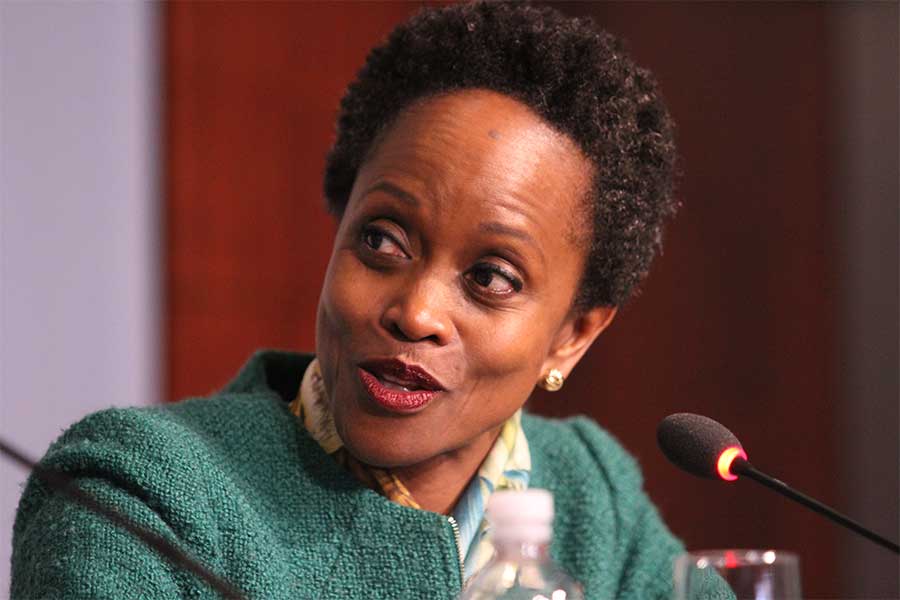
Convene academics and practitioners
Through public and private programming which engages current leaders and new voices in their fields
OUR PEOPLE
We bring together distinguished scholars and practitioners in foreign policy and international security
Featured News
Upcoming Conference - Disunity in Diversity? Europe and Grand Strategy in a Time of Global Upheaval

Disunity in diversity? Europe and Grand Strategy in a Time of Global Upheaval
May 29 to 31, 2024
Hertie School, Berlin, Germany
This three-day conference sponsored by the DAAD and jointly organized by the Henry A. Kissinger Center at Johns Hopkins University SAIS and the Hertie Centre for International Security aims to shed light on these fundamental questions: Why has the EU failed so far to develop a joint strategic vision including the means to implement it? Why is it incapable of protecting Ukraine on its own? Has the EU missed important junctures in its political trajectory that could have led to a joint conception of world order? Or rather did geostrategic, ideological, or domestic obstacles stand in the way of ever reaching this goal? Furthermore, will the EU fail or succeed in the process of resolving these questions? Can the absence of a joint geopolitical vision of the EU tear its economic achievements apart? What will the EU look like in 10-15 years?
For those in the area, the final panel on May 31 at 10:30 AM local time is open to the public. You can find more details and register here.
Past event - The Taming of Scarcity and the Problems of Plenty Book Launch at IISS

In this new Adelphi book, Francis J. Gavin argues that the underlying structure, incentives and costs shaping international relations, state behaviour and the nature of power are profoundly different today to how they were in the past, in ways that are scarcely recognised and widely misunderstood. For much of history, world politics was marked by profound scarcity in resources, information and security. A series of historical revolutions has largely tamed this scarcity in ways few could have imagined. These revolutions, however, have generated new, potentially catastrophic challenges for the world – the problems of plenty.
Professor Gavin argues that the institutions, practices, theories and policies that helped explain and largely tamed scarcity by generating massive prosperity, and which were sometimes used to justify punishing conquest, are often unsuitable for addressing the problems of plenty. Successful grand strategy in this new age of abundance requires new thinking. New conceptual lenses, innovative policies and processes, and transformed institutions will be essential for confronting and solving the problems of plenty, without undermining the expanding efforts against scarcity.
At this hybrid launch event, held at the IISS headquarters in London, Professor Gavin described his key arguments and their strategic implications. He was joined by three expert discussants from academia, government and the press.
Click here for the video of the event.
Our Publications
Explore our latest scholarship
Our Programs
Our programs and projects examine crucial topics in history, strategy, and statecraft
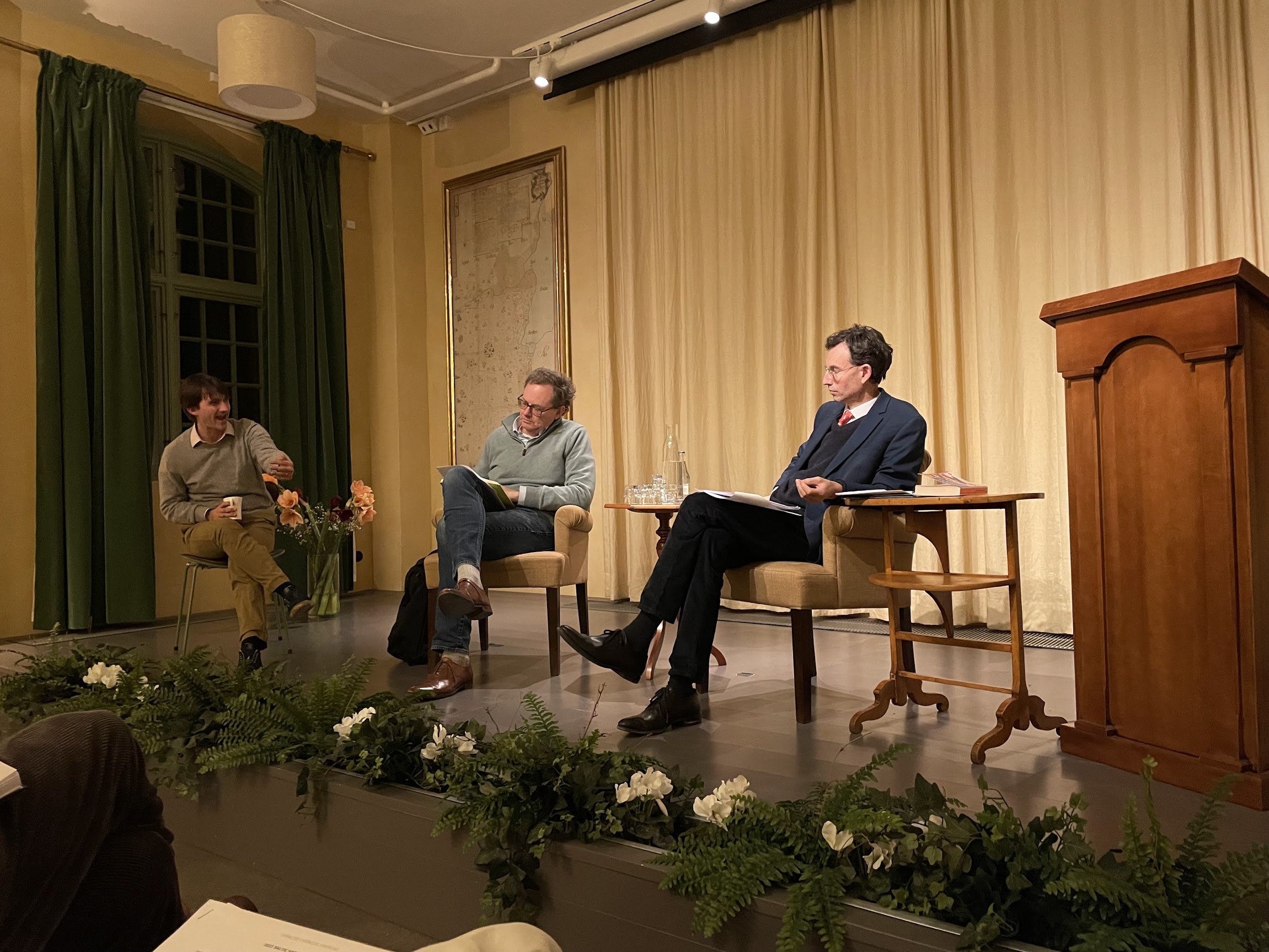
AJI is a four-university, transatlantic consortium, which in collaboration with the Axel and Margaret Ax:son Johnson Foundation for Public Benefit, will recruit, train, and mentor the next generation of historically-minded scholars and practitioners in statecraft, diplomacy, and strategy.
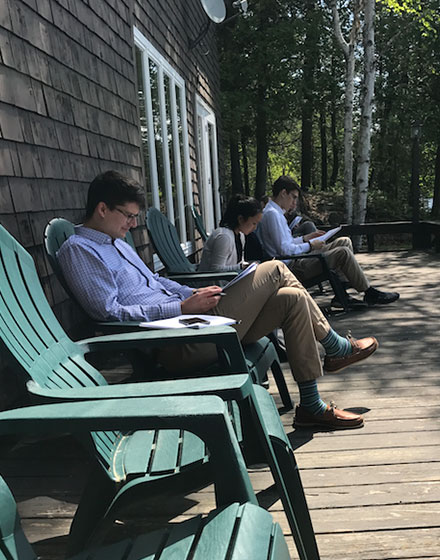
A project that creates a cohort of scholar-practitioners who understand the problems and perspectives of the world of academia and practice and can successfully pursue careers in both.
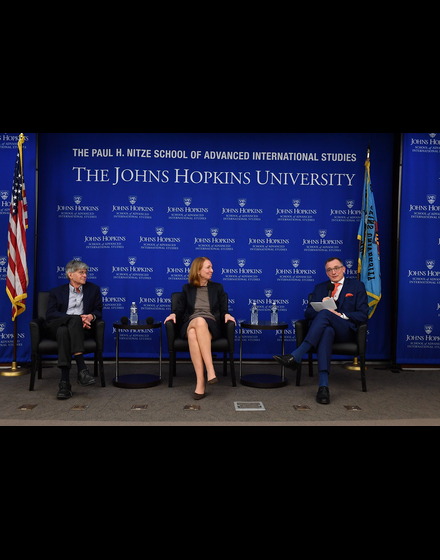
The overarching aim of this program is to deepen transatlantic relations by strengthening the Kissinger Center – and in it, the German/European perspective – in conducting research, providing teaching, and to inform and engage a wider audience in debates concerning the transatlantic relationship, international security, and the role of Germany and Europe in the future world order.
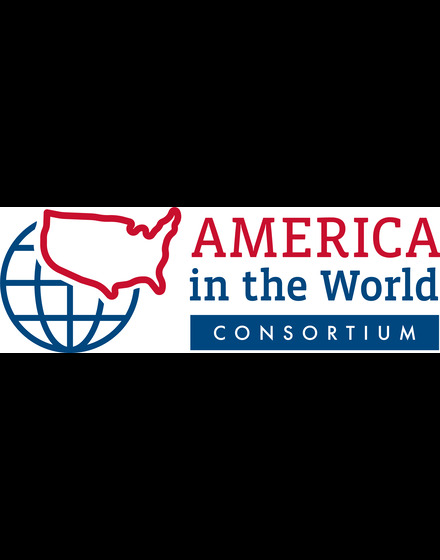
The America in the World Consortium aims to prepare the next generation to confront geopolitical challenges and understand American national interests abroad to participate in the debate about America’s role in the world.
Founding Donors
The Henry A. Kissinger Center for Global Affairs was made possible by the extraordinary leadership of Johns Hopkins University alumnus and former board chair Michael R. Bloomberg and by generous gifts from individual donors, corporations, and private foundations.
